Is the Philippine market ready for biodegradable substitute to synthetic plastics?
To test the country’s readiness to replace synthetic plastics with a biodegradable substitute, the Department of Science and Technology-Industrial Technology Development Institute (DOST-ITDI) developed a biodegradable polymer, a more environment-friendly alternative.
“Although most plastics are recyclable these days, their disposal becomes a problem due to the lack of landfill area. A single-use packaging always ends up in a landfill, a situation which prompted the government to formulate 13 House Bills and Senate Bills on the regulation and phasing out of plastic bags and other plastic packaging materials,” said Dr. Marissa A. Paglicawan, supervising science research specialist at the DOST-ITDI.
Synthetic plastics are petrochemical-based, which means that they are not easily degraded and would take almost a decade to decompose. This prompted lawmakers and plastic makers worldwide to identify and develop durable biodegradable bio-based alternatives.
The downside, though, is that not all plastics can be replaced with biodegradable polymer,like those single use plastics in which recycling is not an option. Then there is the cost of biodegradable polymer which is slightly higher than the synthetic plastic.
The small size of industry players in the area of biodegradable polymer signals an opportunity for those who want to venture into the manufacturing of plastics. Plastic manufacturers can easily shift to this type of technology because there are norequired investment for pre-processing equipment and skilled workers. They can still use their existing equipment of extrusion and face pelletizer machine.
“To our knowledge, there are no producers of biodegradable thermoplastic polymer in the Philippines. However, there is one local distributor of Polylactic Acid (PLA), a synthetic biodegradable polymer,” Dr. Paglicawan said.
Currently, several plastic manufacturers have expressed interest in availing thisDOST-ITDI technologydue to bans imposed on the use of plastic packaging materials and tonnage usage of disposable plastic items in the fast food industry.
However, Dr. Paglicawan explained that they have yet to assess the marketability of the product, such as customer acceptance and price competitiveness, and thequality of the materialbecause those specifically made from starch are inferior in quality than synthetic plastics.
For more information on DOST-ITDI services and technologies, click on the link http://www.itdi.dost.gov.ph/. (By Geraldine Bulaon-Ducusin, DOST-STII)

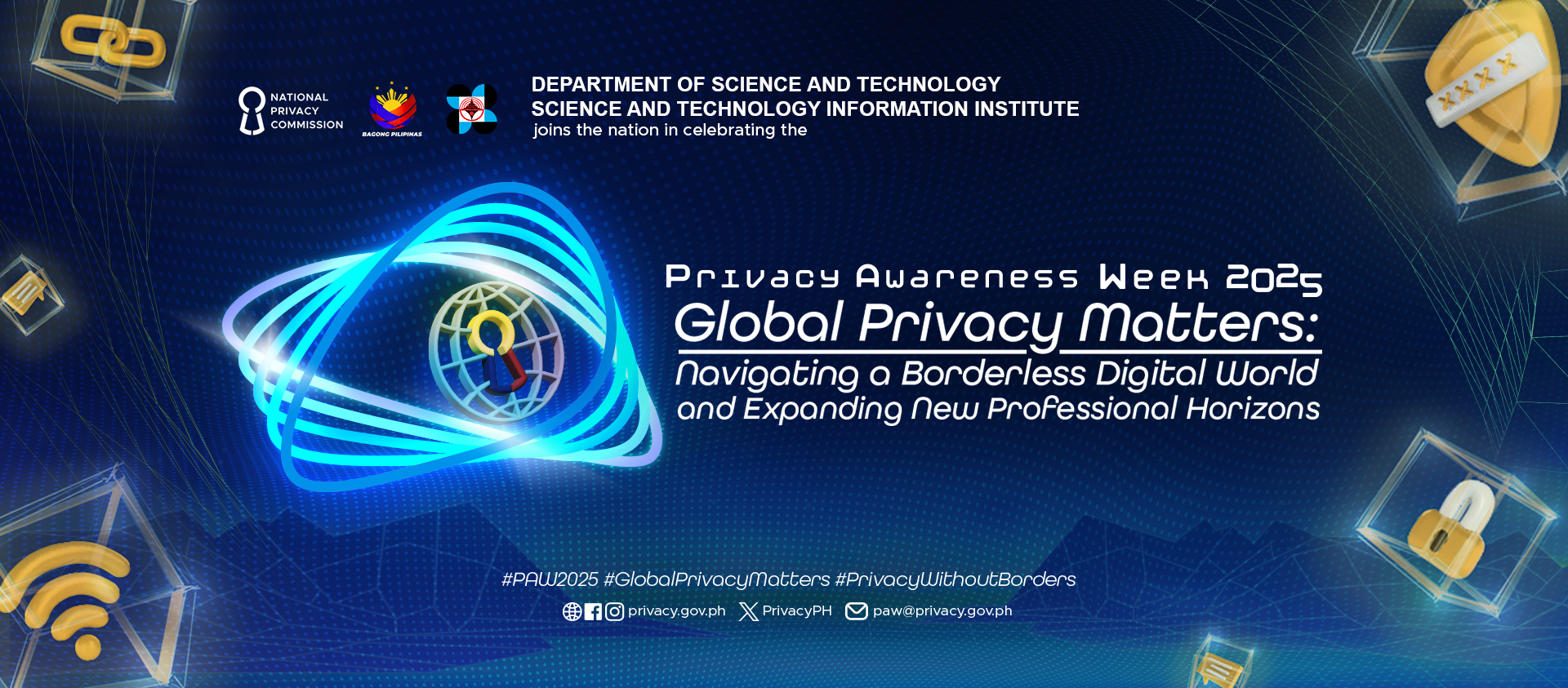
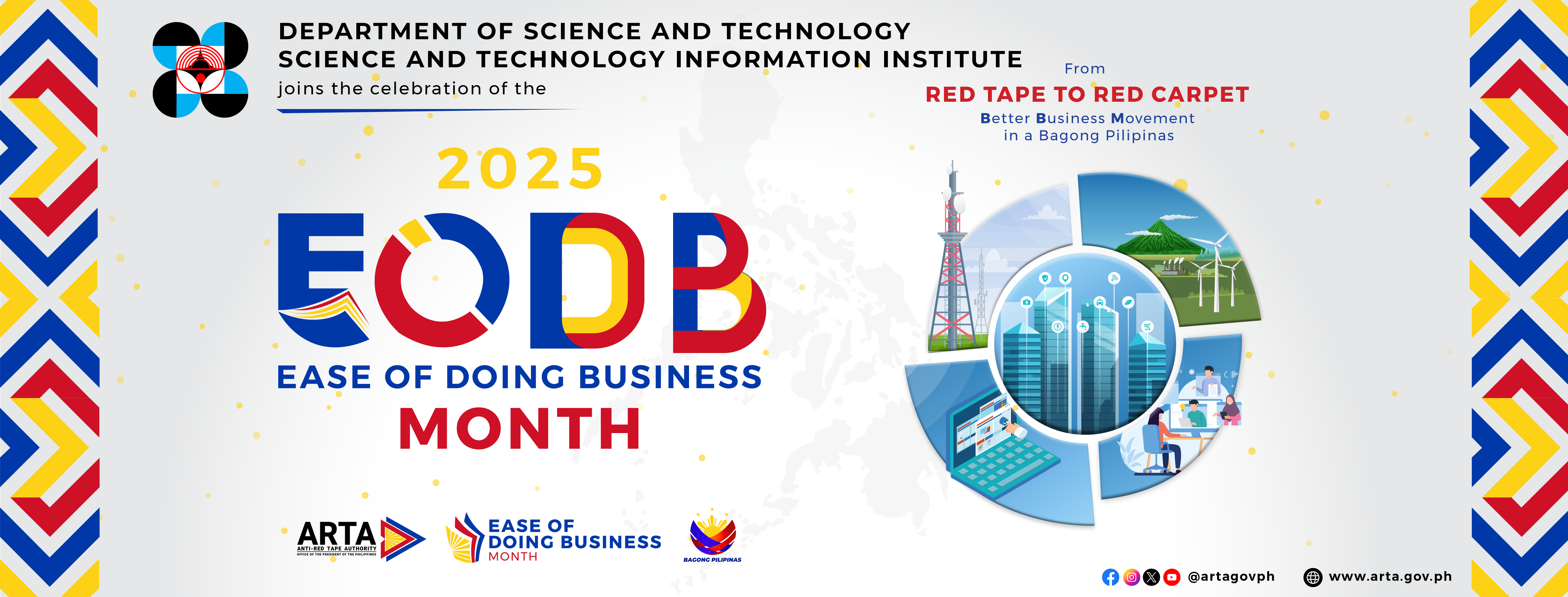

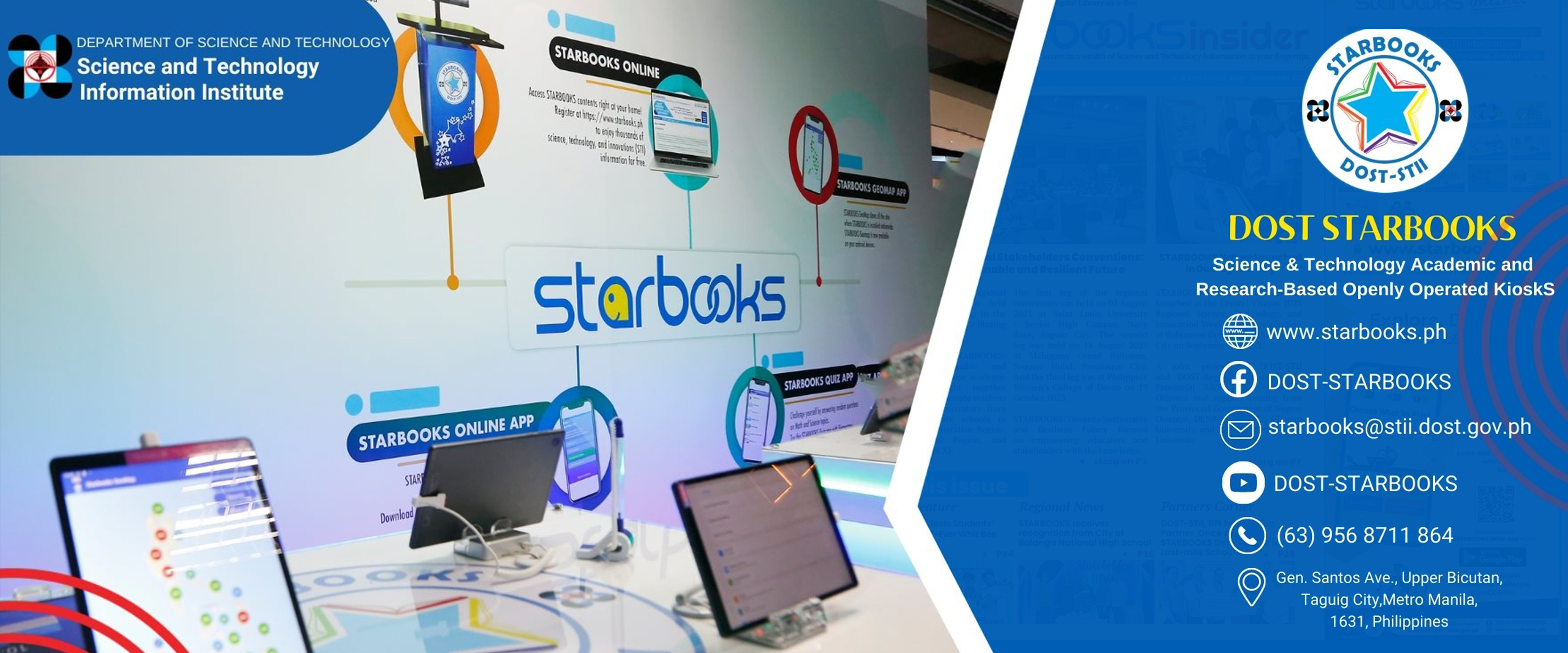


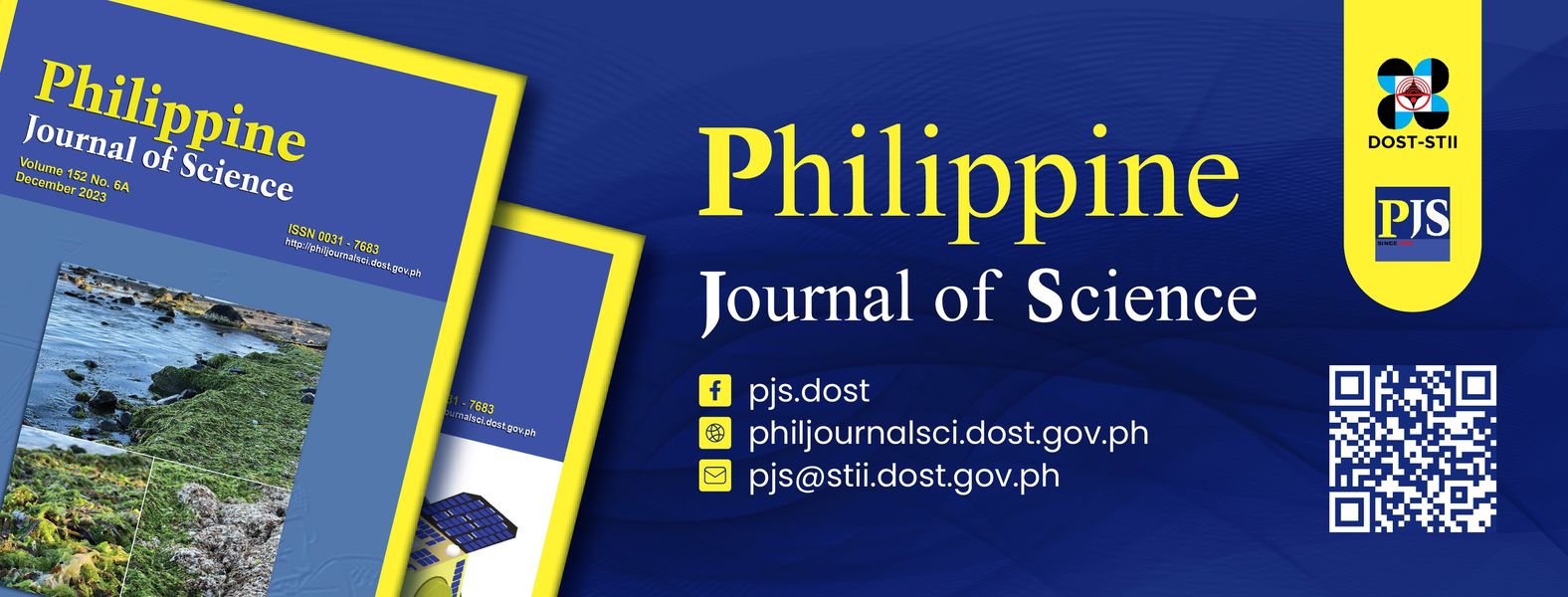




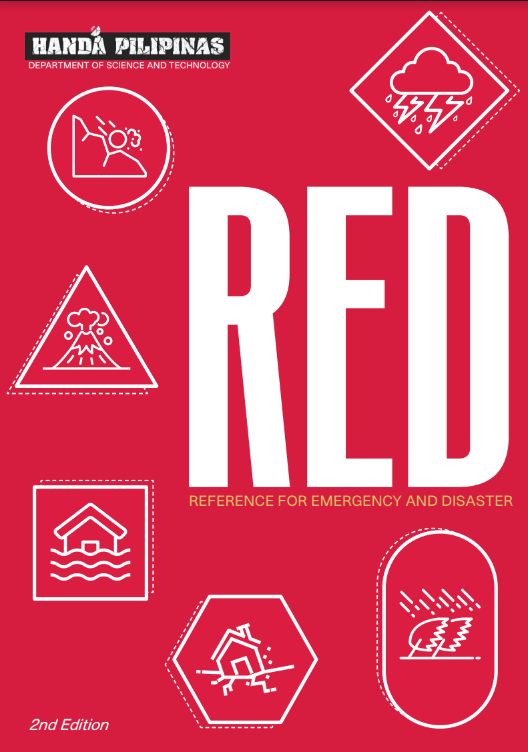





 21 in 2021 Technology Catalogue
21 in 2021 Technology Catalogue 21 in 2021 Technology Catalogue
21 in 2021 Technology Catalogue DOST Innovations - Web and Mobile Applications for Disaster Risk Reduction and Management
DOST Innovations - Web and Mobile Applications for Disaster Risk Reduction and Management